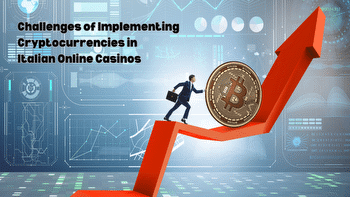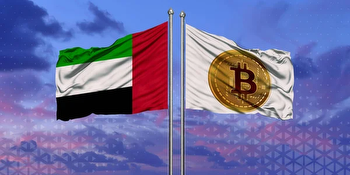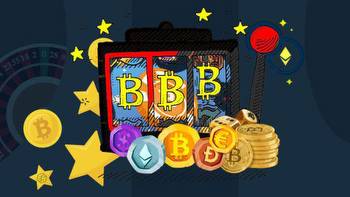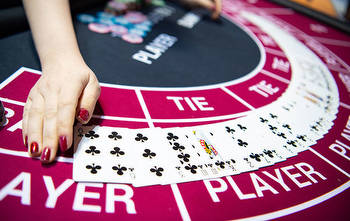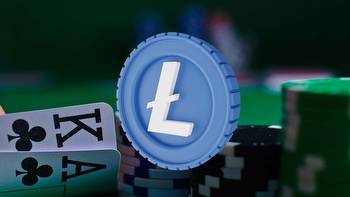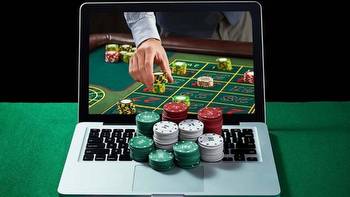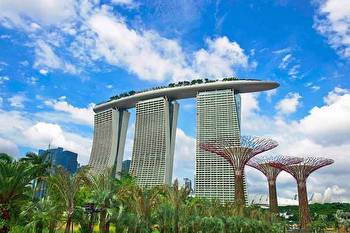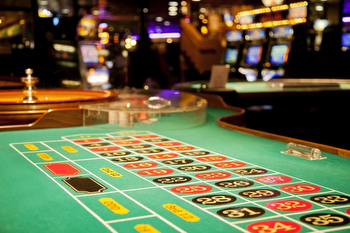Singapore Gambling Regulatory Authority to Crack Down on Use of Crypto Assets
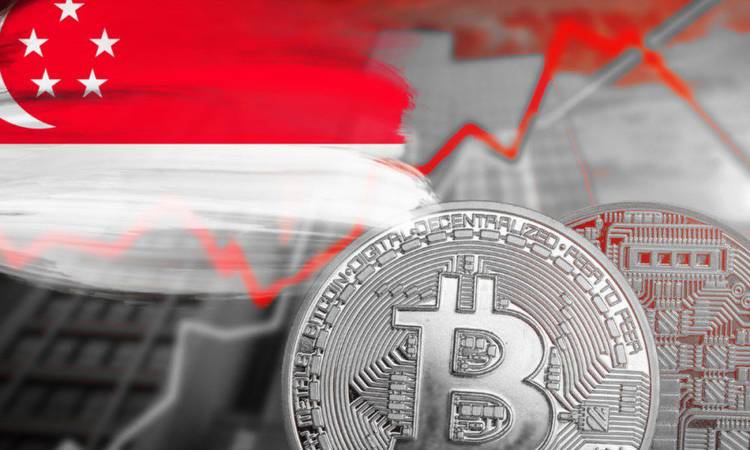
Singapore’s new gambling regulator, the Gambling Regulatory Authority (GRA), announced it has no plans to legalise the use of cryptocurrency within its land-based gaming industry as it continues to explore the use of crypto across video game and social gaming platforms.
In what appears to be a continuation of Singapore’s general opposition to the introduction of cryptocurrency across broader society, GRA General Counsel Albert Yeo told a regulatory gathering in Sydney last week that crypto was one of the key issues the regulator is currently examining – particularly as it applies to new technologies.
However, there are no plans to allow the use of cryptocurrencies within Singapore’s two integrated resorts – Marina Bay Sands and Resorts World Sentosa.
“I think for the casinos there is no real appetite,” Yeo said during the Regulating the Game conference. “It is a very volatile in terms of its revenue stream.
“Internally the idea is to just not allow it to begin with or to even allow it into the door. The moment you start even entertaining [the idea] you know it will be difficult to stop.
“I’m not sure if there is any legislative framework that would allow us to do it anyway but we are looking into it and seeing where it is creeping in and making sure it doesn’t invade the casinos in Singapore.”
Established last year to replace the former Casino Regulatory Authority (CRA), the new GRA – with a remit to oversee the entire gambling landscape in Singapore – is specifically designed with technology in mind. When it took charge on 1 August 2022, Singapore’s Ministry of Home Affairs said the GRA “allows the Government to more effectively stay ahead of technological and gambling trends, respond more adequately to emerging gambling products, and take a more holistic and coherent approach to gambling policies.”
According to Yeo, cryptocurrency “is one of the main things we are currently looking at” given the challenges regulators face in tracking blockchain transactions, although much of its attention is now focused on the online space – specifically the use of crypto in video or social gaming.
“We know it is a new space and we are engaging the developers themselves, trying to understand what the products mean,” Yeo said.
Pointing to one popular online product called “Axie Infinity” – a blockchain-based game in which players can trade NFTs and earn RAT (Rare Antiquities Token) currency – Yeo explained, “The thing we are grappling with is whether that is money, money equivalent or anything of value.
“Typically if it is in-game we won’t worry about it, but the trouble [with players earning cryptocurrency] is that it is very easy for them to just take it out and put it on exchanges.
“So we are engaging the developers – Singapore is trying to encourage game developers in Singapore but we are also looking at what is the future of cryptocurrency and where all these games are going. Do we have a good handle yet on where this is going?”
Singapore’s broader reluctance to regulate the trading in or use of cryptocurrencies currently extends to a ban on advertising by crypto exchanges, with the Monetary Authority of Singapore issuing a statement last November following the high-profile collapse of global exchange FTX in which it said, “The most important lesson from the FTX debacle is that dealing in any cryptocurrency, on any platform, is hazardous.
“Crypto exchanges can and do fail. Even if a crypto exchange is licensed in Singapore, it would be currently only regulated to address money-laundering risks, not to protect investors. This is similar to the approach currently taken in most jurisdictions.
“Further, even if a crypto exchange is well-managed, cryptocurrencies themselves are highly volatile and many of them have lost all value. The ongoing turmoil in the crypto industry serves as a reminder of the huge risks of dealing in cryptocurrencies.”














